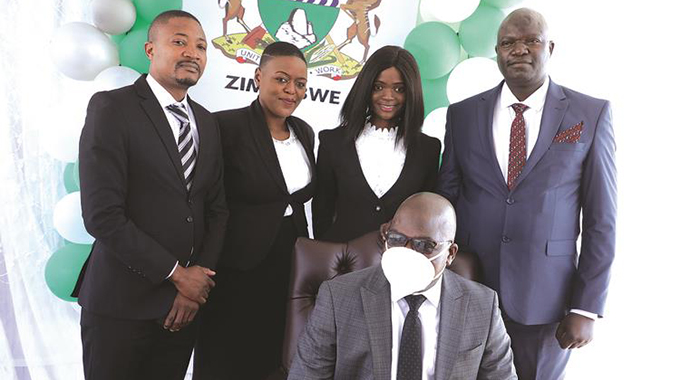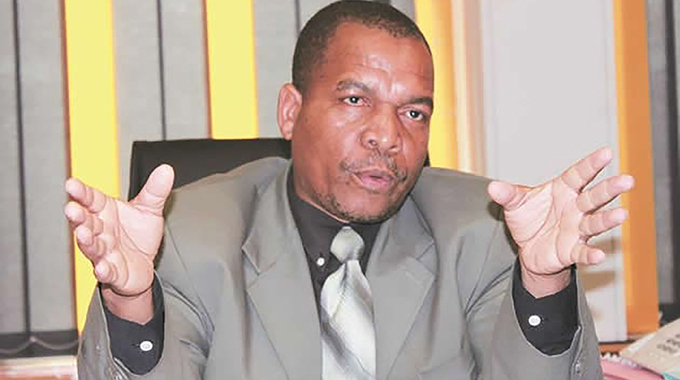JSC makes services more accessible

Cletus Mushanawani
Mutare Bureau
THE Judicial Service Commission (JSC) is making its services available to all, including people with disabilities, and introducing an integrated electronic case management system to increase judicial accountability.
JSC member and chief magistrate Mr Munamato Mutevedzi said recently that all courts in Zimbabwe should become user friendly.
Speaking in Mutare, he said the urgent work in progress will see access ramps at courts, the repair of lifts in multi-storey court complexes, the start of the programme to print statute law in Braille, and dramatically improving use of sign-language interpretation.
The electronic case management system will see paperless courts, with all filed documents in digital format, but to ensure total access there will be the e-filing clerk in each set of courts who can convert physical documents for those who cannot file electronically or do not have the equipment.
“We have lined up quite a number of projects that we will be running with in relationship to fulfilling our vision of breaking barriers that persons living with disabilities are facing,” said Mr Mutevedzi.
“The first project is the construction of access ramps at 32 courthouses across the country.
“We have realised that throughout our institutions we have 32 courthouses which do not have access ramps to enable people living with disabilities to physically access our courts.
“We have given ourselves a deadline of September 2021 to have these ramps constructed.”
Mr Mutevedzi said the JSC would repair all elevators at three major sets of courts in double storey buildings so people with disabilities can reach all courts.
“The first one is at the Harare High Court,” he said.
“We have an elevator there which is not working, but we have given ourselves a target of July 2021 to ensure that the elevator will be working.
“We also have the Harare Magistrates’ (Rotten Row) Court where we have elevators that are not working. We have given ourselves a target of December 2021 to ensure that these elevators are renovated, refurbished and that they are back to their working way.”
Rotten Row is a five-storey building and the courts are found on the ground, first and third floors. Magistrates’ offices are on the fifth floor, while those for prosecutors are on second floor.
“We also have another storey building at the Bulawayo Magistrates Court and the elevators at the building are not working,” said Mr Mutevedzi.
“People are finding it quite challenging to access the higher floors of that building, so our target for Bulawayo is to have the work done by March 2022.”
On projects for people with visual challenges, Mr Mutevedzi, said they will produce some statutes in Braille.
“We will start with three statutes and the multi-sectoral protocol on the management of sexual abuse and sexual violence,” he said.
“The Acts that we are targeting to be printed in Braille are the Maintenance Act and that will be done by September 2021, the Children’s Act by December 2021 and the Domestic Violence Act by March 2022.
“We are collaborating with UNFPA who have agreed to partner us in doing that project. We have targeted these statues because we have seen that they are the most commonly used at the moment.
“In future, we will run with many other statues and we hope other partners will come on board and work with us to ensure that we broaden the realm of these statues.
“We will also be producing a sign language manual. We have already started working on this issue and we have made some headway in relations to the production of a sign language manual. Our target is to complete this project by July 2021. After producing that manual, we will train the sign language interpreters.”
Mr Mutevedzi said they will also roll out a disability sensitisation training programme for judiciary officers.
On the integrated electronic case management system, he said it will be rolled out in two phases, starting with the Constitutional, Supreme and Commercial courts.







Comments